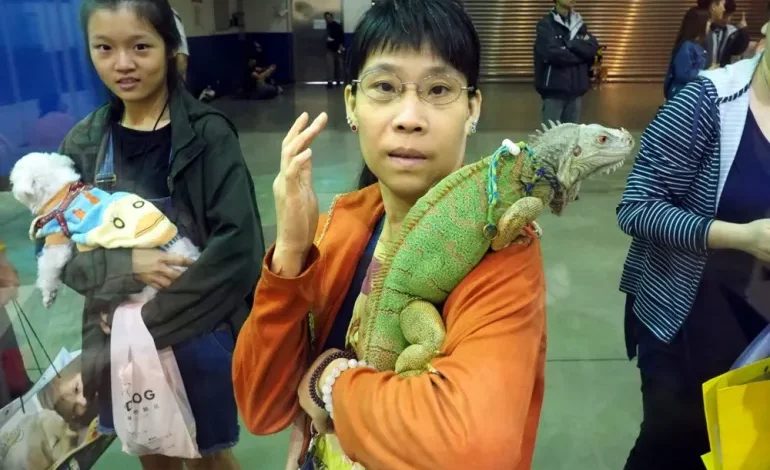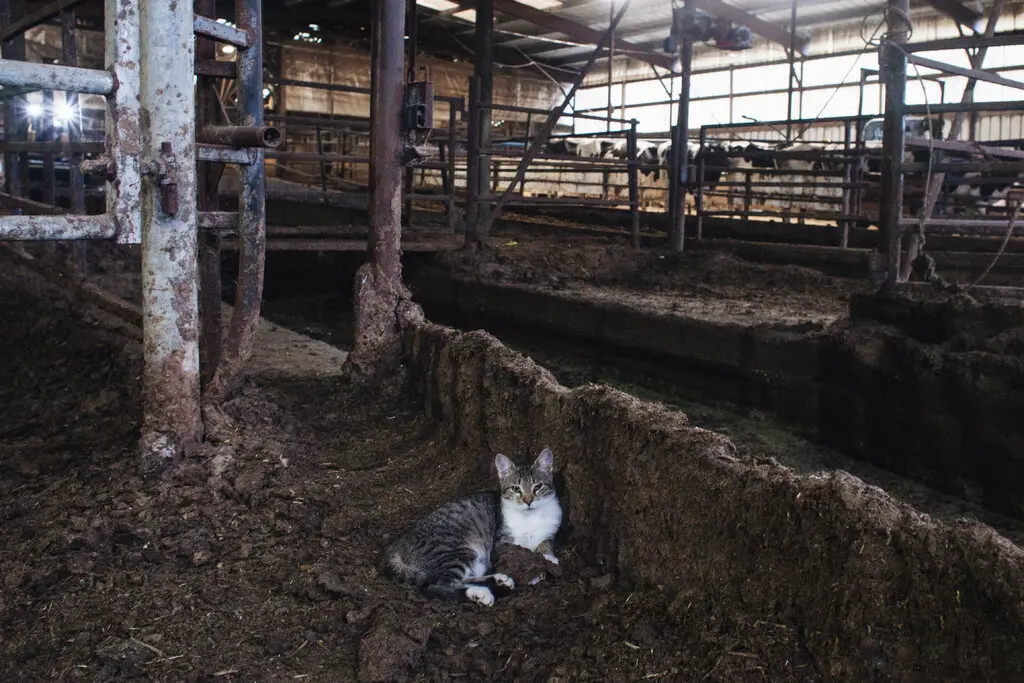Taiwan to Cull 120,000 Invasive Green Iguanas Amid Growing Agricultural Concerns

Taiwan is set to launch a large-scale culling operation targeting up to 120,000 green iguanas, as the island nation grapples with the rapidly expanding population of these invasive reptiles, Al Jazeera reports.
Local governments are appealing to the public for assistance in locating iguana nests, and are recommending the use of fishing spears as the most humane method of dispatch.
The Forestry and Nature Conservation Agency estimates that some 200,000 green iguanas now inhabit southern and central Taiwan, regions that are heavily reliant on agriculture. The agency has cited the iguanas’ destructive impact on local ecosystems and crops as the primary motivation for the large-scale cull.
In a previous effort, specially recruited hunting teams culled around 70,000 iguanas last year, with bounties of up to $15 awarded for each reptile captured. However, the population continues to grow due to the lack of natural predators and the iguana’s ability to thrive in a variety of habitats, including forests and the edges of towns, which can be difficult to access.
Green iguanas, native to Central America and the Caribbean, are known to be prolific breeders. Males can reach up to two meters in length, weigh up to 5kg, and live for as long as 20 years. Females are capable of laying up to 80 eggs at a time, contributing to the rapid growth of the population. Although they possess sharp tails, jaws, and razor-like teeth, the reptiles are not considered to be aggressive. They primarily subsist on a diet of fruits, leaves, and plants, with occasional small animals supplementing their intake.
While they are sometimes kept as pets, green iguanas are notoriously difficult to care for in captivity and often die within their first year.
According to a report by Taiwan News, Tainan Agriculture Bureau official Chu Chien-ming highlighted that May and June mark the hatching period for green iguanas. He emphasized this period as the ideal time to capture larvae and juvenile iguanas to curb their spread and prevent further reproduction.








